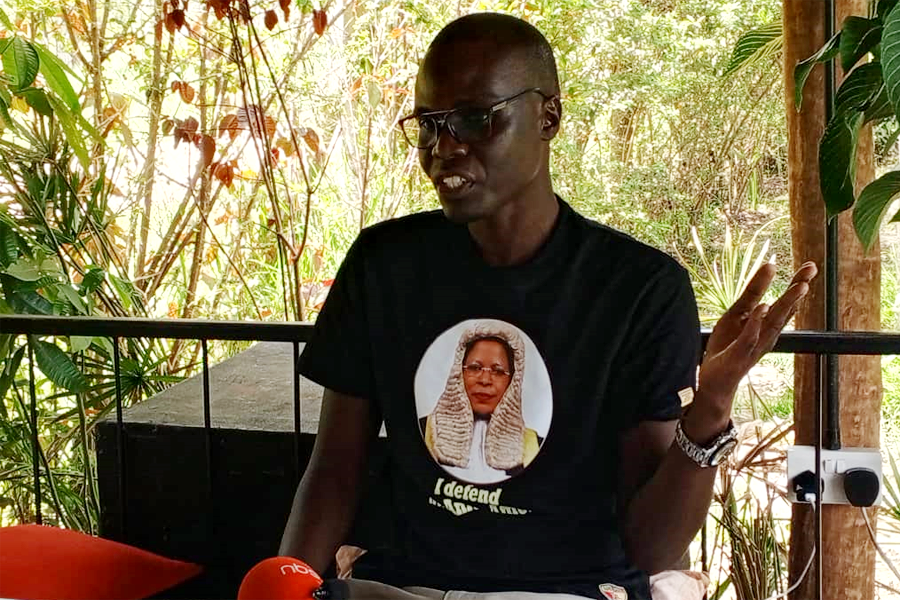Rights Groups Condemn Evictions in Kenya's Largest Slum
Rights group Amnesty International has condemned the demolition of homes, shops and schools this week in the Kibera section of Nairobi. The forced eviction left more than 10,000 of the city's urban poor homeless, as authorities build a road through the area to alleviate the Kenyan capital's notorious traffic.
However, Amnesty says the government is going back on an agreement to first resettle the affected families.
Keep Reading
Jane Atieno, a mother of six, did not have time to salvage any of her belongings when bulldozers came early Monday and flattened her home. She says her house was destroyed, and she does do not know where she and her family are going to live.
"I have no money," Atieno said. "We have children. This is where we started our lives. This is the only place we know that we call home."
Atieno lived in Kibera, Kenya's largest informal settlement with an estimated population of more than half a million people.
Kenya's Urban Road Authority this week began demolishing hundreds of structures in the area, to make way for a road that aims to ease traffic to and from the city center.
But Amnesty International Kenya said Wednesday that authorities carried out the forced evictions illegally, inhumanely and against an agreement to first find people new homes.
"The Kenya Urban Roads Authority had over one year to do a resettlement action plan to come up with genuine consultations, but they chose not to," said Pauline Vata, a human rights lawyer with Amnesty International. "What they did was to give a notice, an 11-day notice. If it wasn't for human rights organizations, they would have bulldozed the place way earlier."
Amnesty says authorities deployed 600 armed police officers to Kibera this week to accompany bulldozers as they knocked down homes, shops, churches and schools.
The rights group says at least five schools in Kibera were demolished, affecting about 2,000 schoolchildren who were about to take end-of-term exams.
Authorities have cited rapid urban development as the reason for past forced evictions in Kenya's informal settlements.
Esther Passaris, a member of Kenya's parliament, says the residents need to be resettled.
"We have no problem with the road coming in there, [but] by virtue of the fact that they have lived here for over 20, 50 years, they had acquired possession of this land," she said. "So, if you want to build a road and you say it was a part of the master plan for the road, the fact is they need to be compensated. We need to find a way to settle them."
Kenya has attempted to develop policies that seek to provide affordable housing in informal settlements like Kibera.
The Kenya Slum Upgrading Program, initiated in 2001, saw the development of close to 1,000 low-income housing units in the area. However, the project has been hampered by corruption and poor planning.
Amnesty Kenya says if demolitions continue as planned in Kibera, some 30,000 residents will be affected.













